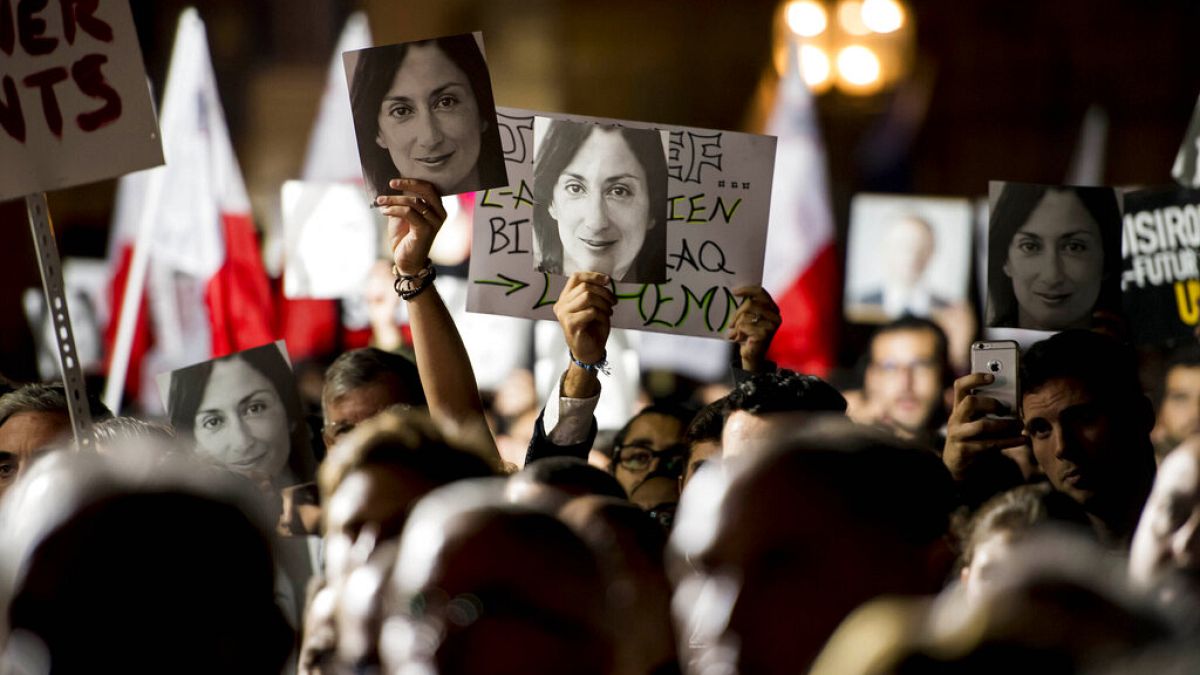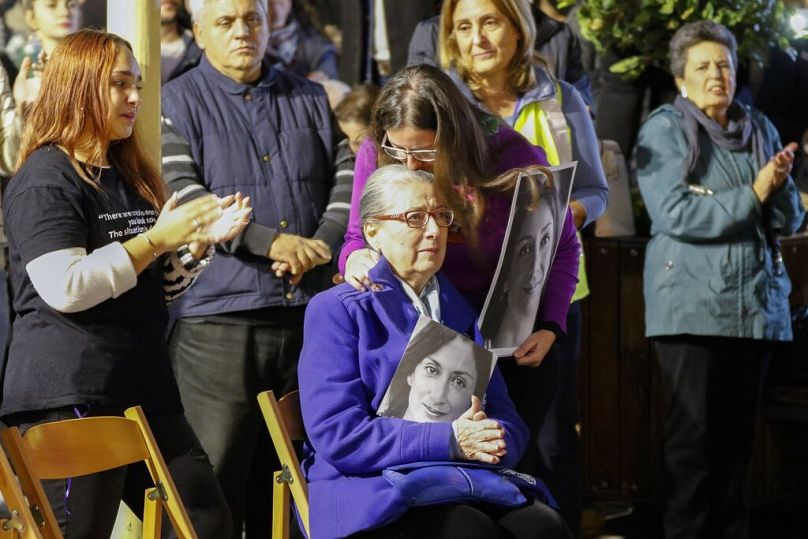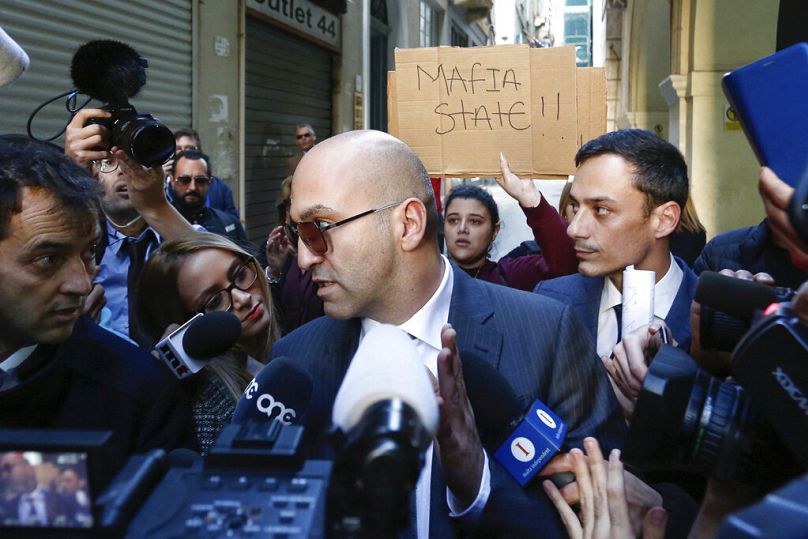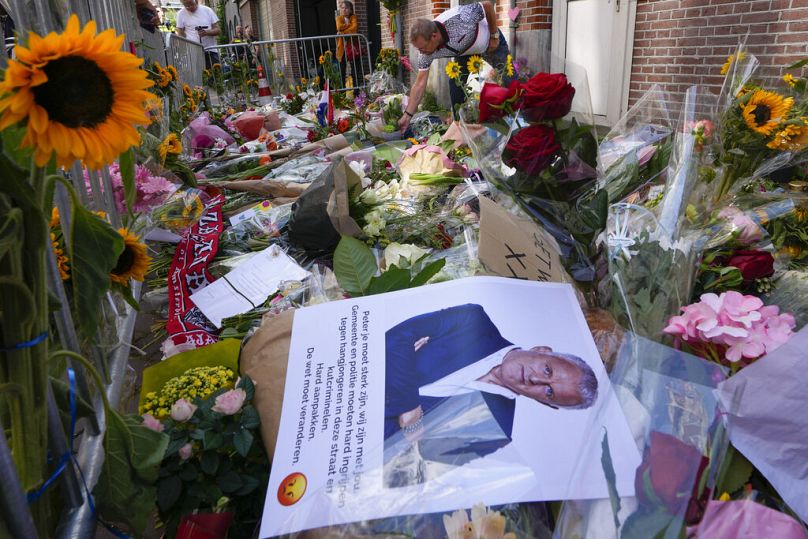Four years after Daphne Caruana Galizia's murder, journalists in Europe are still under threat, writes Article 19's Europe division chief Sarah Clarke.
As we mark the fourth anniversary of the assassination of Malta’s leading investigative reporter Daphne Caruana Galizia, there’s an opportunity for Malta to make history and take huge strides to protect journalists.
The country has the chance to introduce reforms that could be a blueprint for the rest of Europe and to send a clear message that journalism is the crucial fourth pillar of democracy, and journalists should be supported and protected for the critical work they do on behalf of the public in holding the powerful to account.
A battle between state and people
When I first travelled to Malta in 2018 as part of a delegation of human rights organisations, I was struck by two things.
On the one hand, the furiously hostile denial of responsibility for Daphne’s murder articulated by then-Prime Minister Joseph Muscat’s government; on the other, the extraordinary power of the movement for justice for Daphne, and the protests against the high-level corruption she was killed for exposing.
This battle between the state and its people was playing out on a daily basis as her family and supporters gathered at the protest memorial they had set up around the statue that faces the courthouse in central Valletta.
Every night, for over two years, posters, candles and flowers commemorating Daphne would be destroyed on the orders of then-Justice Minister Owen Bonnici, the very person in charge of ensuring justice was done in her case.
Every morning, the protesters would replace these tributes. This confrontation, more familiar in Putin’s Russia than in an EU capital, was only resolved by a 2020 Constitutional Court decision that found the Justice Minister had violated the protesters' rights.
Today the memorial still stands, but justice for Daphne and the grand corruption she exposed has yet to be achieved.
Pandora Papers remind us what's at stake
At the time of her killing, one of Daphne’s lines of inquiry focused on top-ranking officials who were allegedly creaming off enormous sums of taxpayers’ money using offshore companies.
Her investigations, some of which were exposed in the Panama Papers, looked into trusts and a complex web of corrupt deals and kickbacks linked to the Azerbaijan state oil company SOCAR and Electrogas, a company part-owned by SOCAR, that held a monopoly on Malta’s state energy firm. The former head of Electrogas today stands accused of ordering Daphne’s death.
Four years later, we’re back in Malta to meet with the new prime minister, Robert Abela, about the recommendations put forward by a landmark public inquiry into Daphne’s assassination.
Its conclusions are astonishing and monumental, ultimately finding the state of Malta responsible for her death.
It also declares that the state “created an atmosphere of impunity, generated from the highest levels in the heart of the administration of the Office of the Prime Minister, and [that] like an octopus, spread to other entities like regulatory institutions and the police, leading to the collapse of the rule of law”.
Daphne’s story is a window into the importance of investigative journalism. In particular, it reveals the consequences of authorities’ failure to prosecute the crimes that journalists risk their lives exposing.
In early October, the International Consortium of Investigative Journalists (ICIJ) published a two-year investigation into close to 12 million leaked documents exposing the financial and tax evasion practices of the rich and powerful, involving journalists across the globe.
From a UK business magnate’s lavish spending after the collapse of a company that cost thousands of jobs, to revelations about Azerbaijani officials’ property wealth in violation of anti-corruption rules, the Pandora Papers provide further proof of the role that robust investigative journalism plays in shoring up democracy.
Journalists across Europe under threat
Where there’s no justice for the crimes and malpractice these investigations reveal, journalists are left vulnerable, alone and unprotected in the face of powerful businesspeople, politicians and criminals with inordinately more financial, legal and PR resources than them, some of whom have lethal intent.
In this environment, we can only expect more journalists to be targeted in the way Daphne was. And since Daphne’s death, journalists investigating crime and corruption in Slovakia, Greece and the Netherlands have been murdered.
In all of these cases, no one has yet been brought to justice. This drives a well-founded belief among many journalists that the price for killing them is lower than the gains to be made through corruption.
It’s time to ensure that the murder of a journalist can never happen again. If Malta can end impunity for these crimes, and enshrine formal recognition of and concrete protections for media freedom, it could set an example for the rest of Europe.
The battle for justice for Daphne has gone on for too long. It’s time for Malta – and the rest of the world – to step up to protect our journalists who do so much to protect the rest of us.
Sarah Clarke is Head of Europe and Central Asia for ARTICLE 19, an international organisation working to promote freedom of expression.





